Research to accelerate rapid, affordable, and effective transitions to net-zero carbon energy systems
The ZERO Lab (Zero-carbon Energy systems Research and Optimization Laboratory) improves and applies optimization-based macro-energy systems models to evaluate low-carbon energy technologies, guide investment and research in innovative decarbonization solutions, and generate insights to improve energy and climate policy and planning.
Research Staff



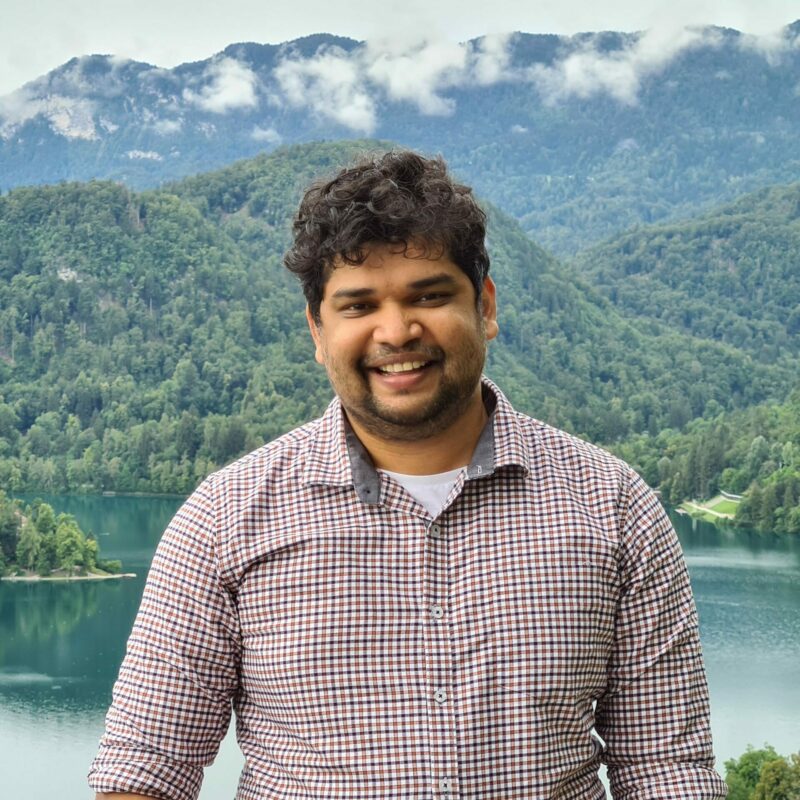





Students
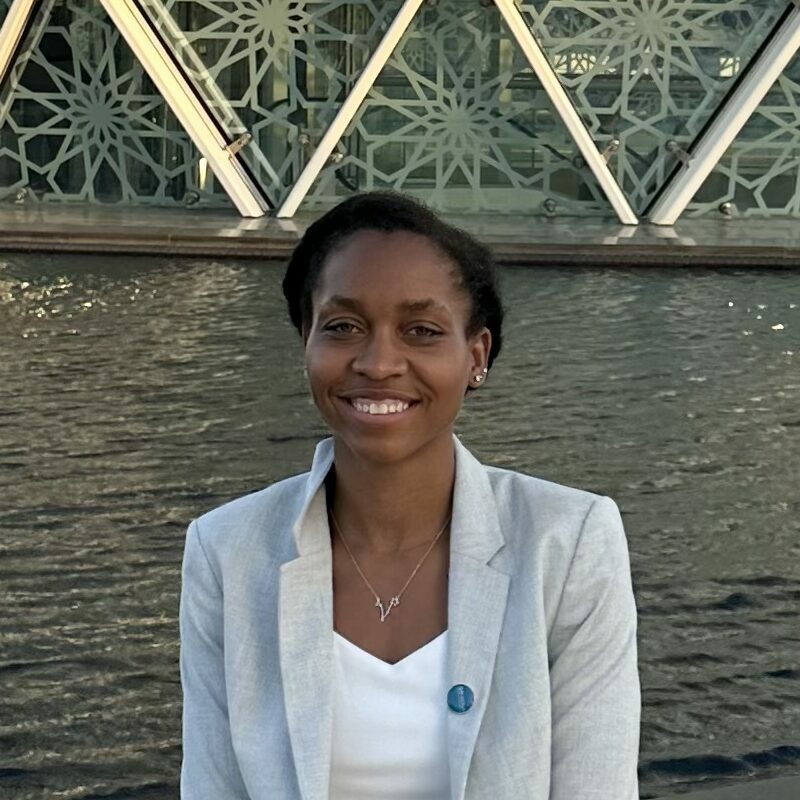

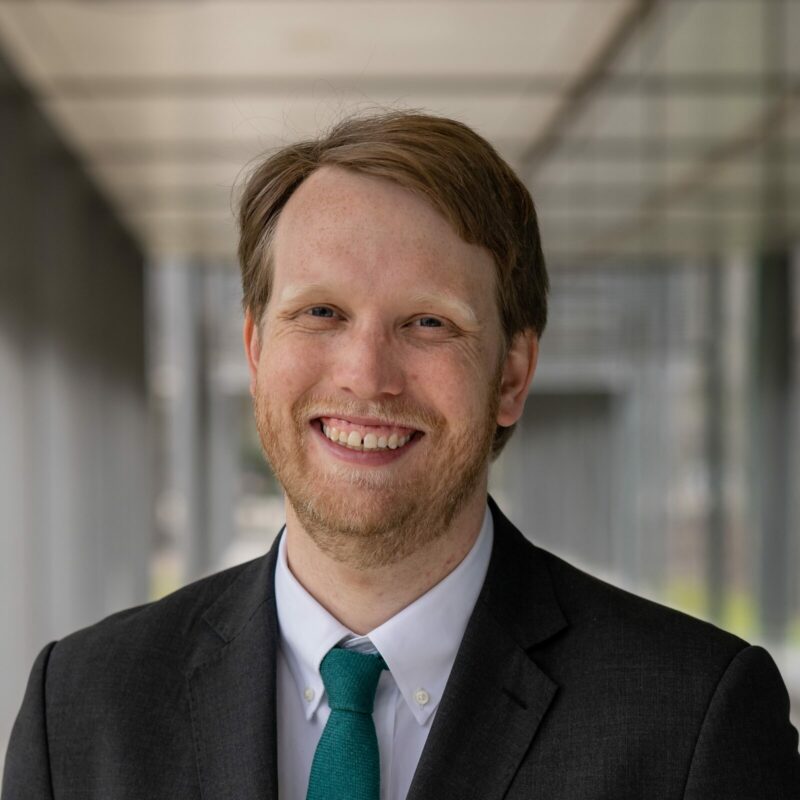
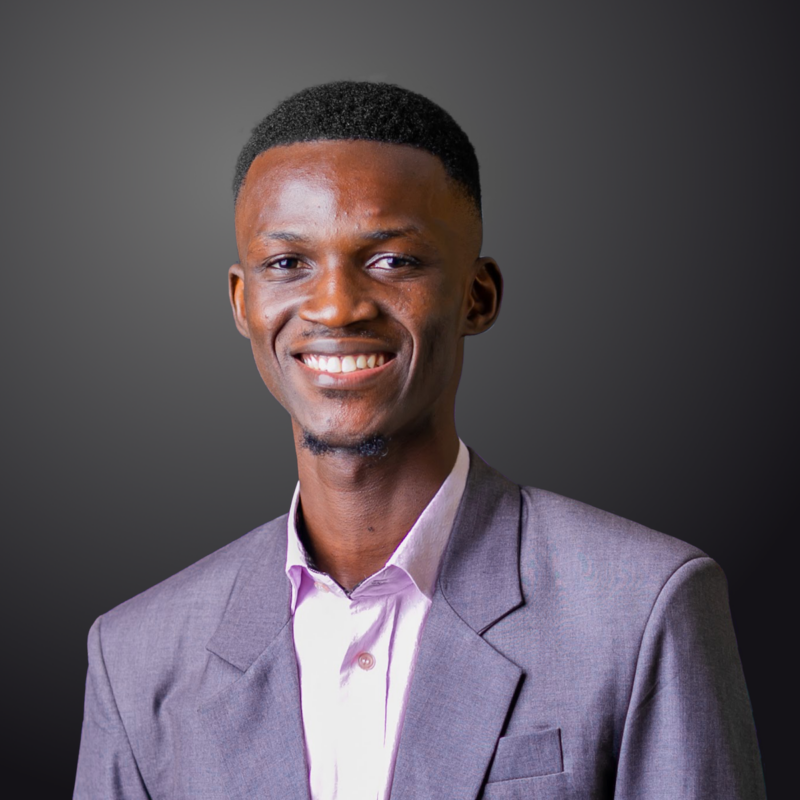

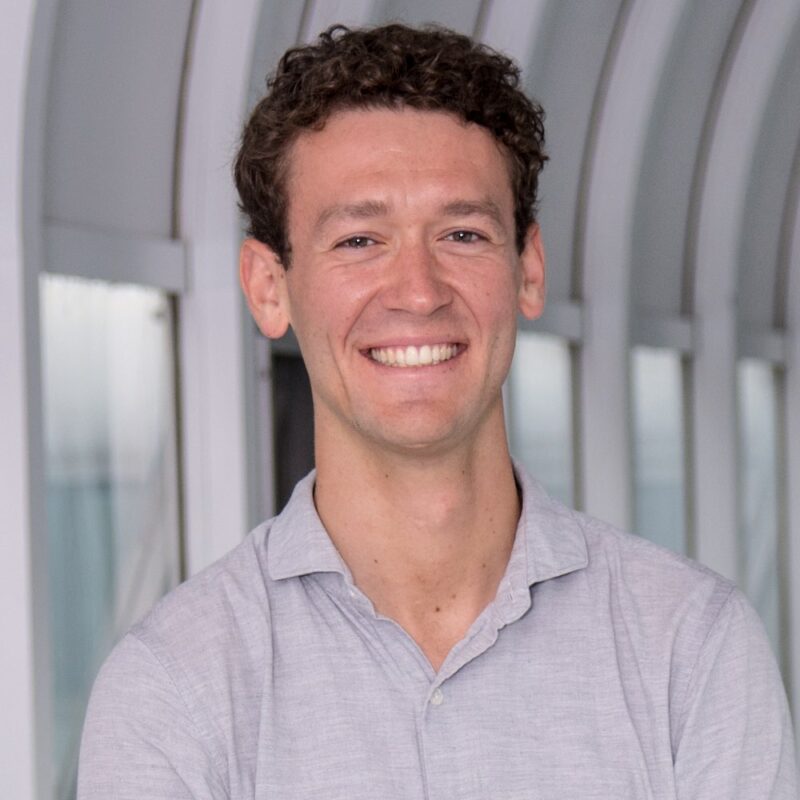

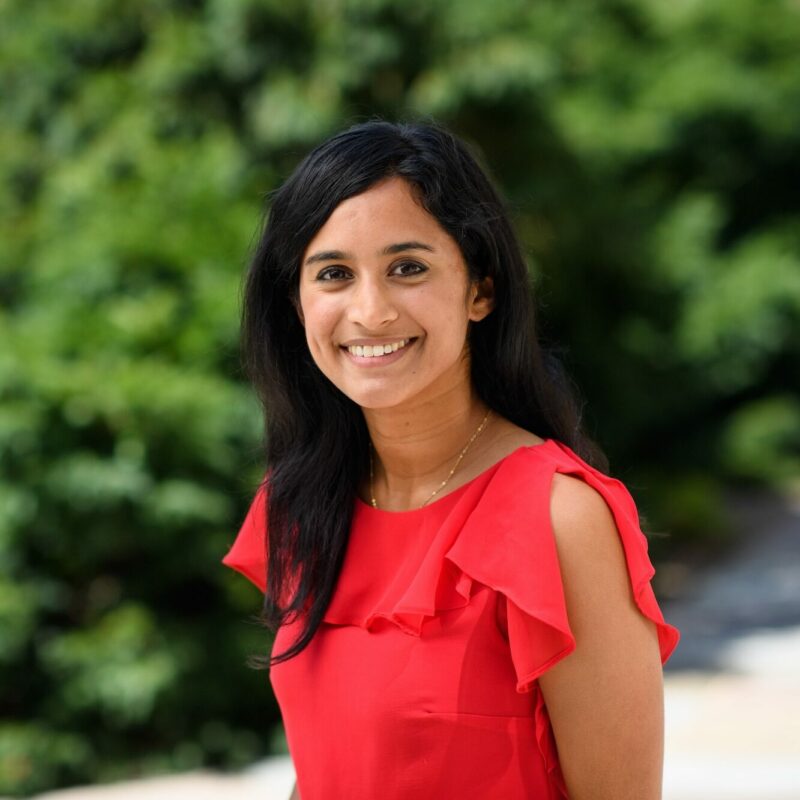
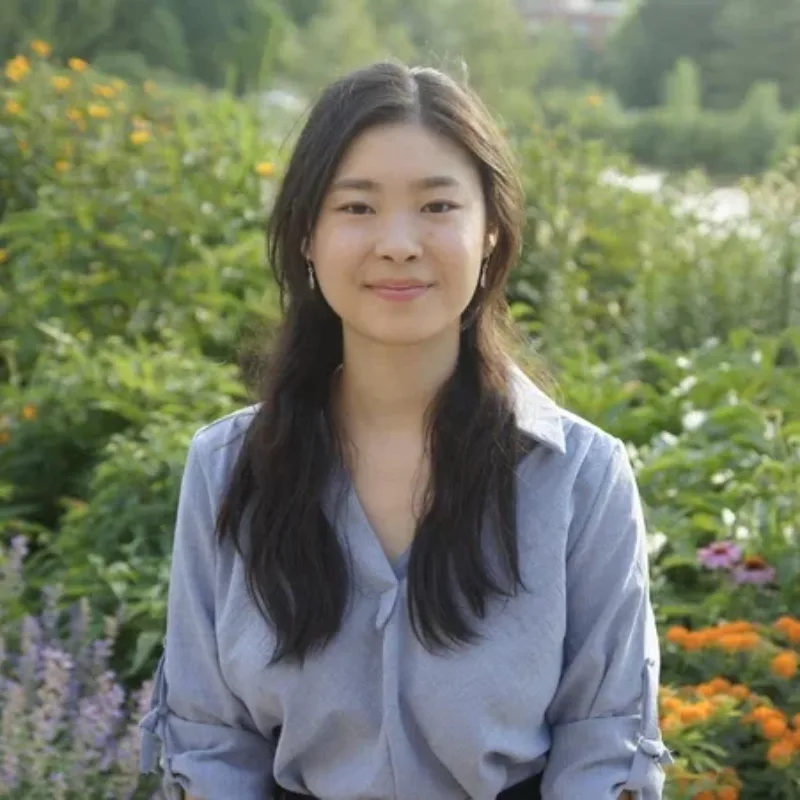
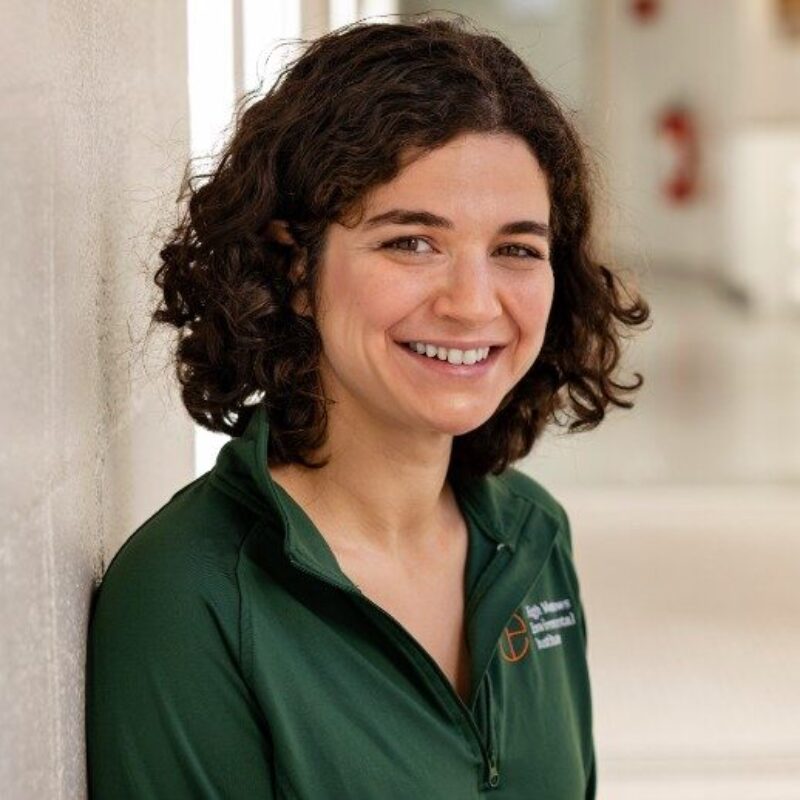



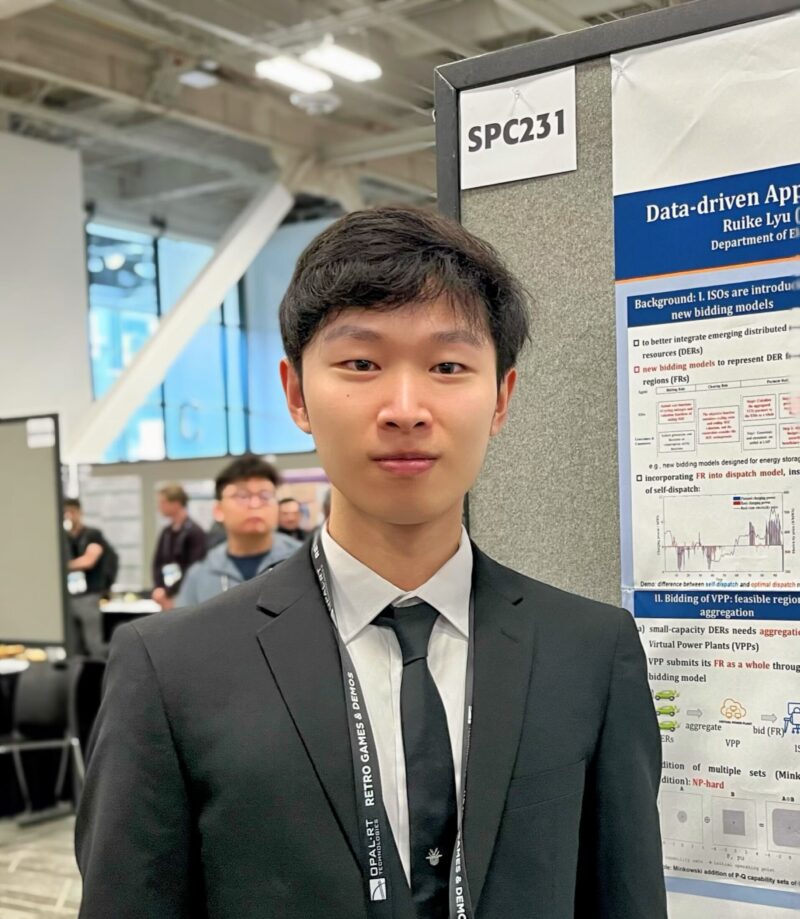

Alumni

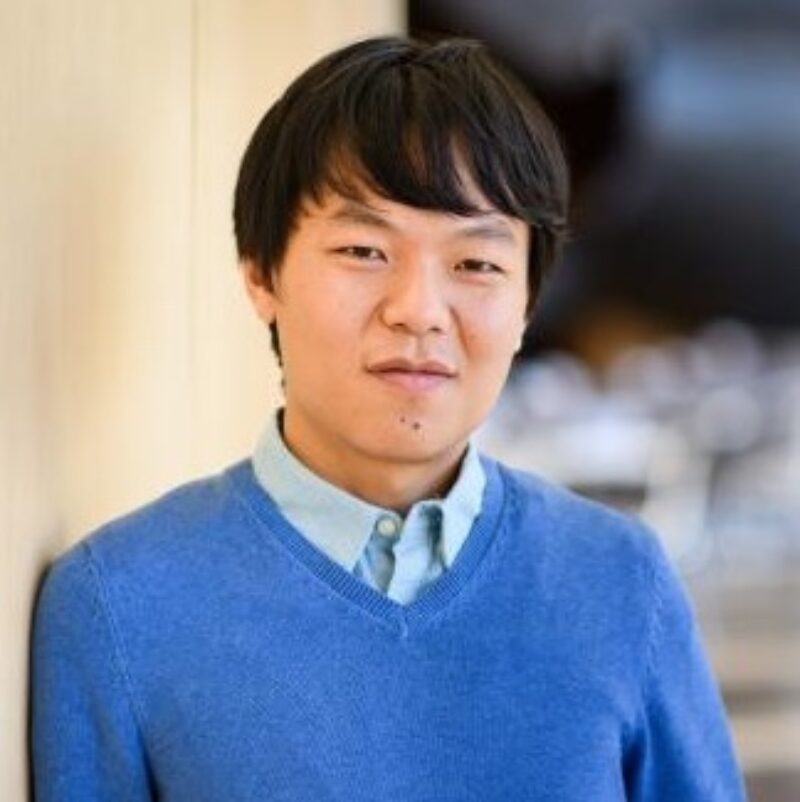
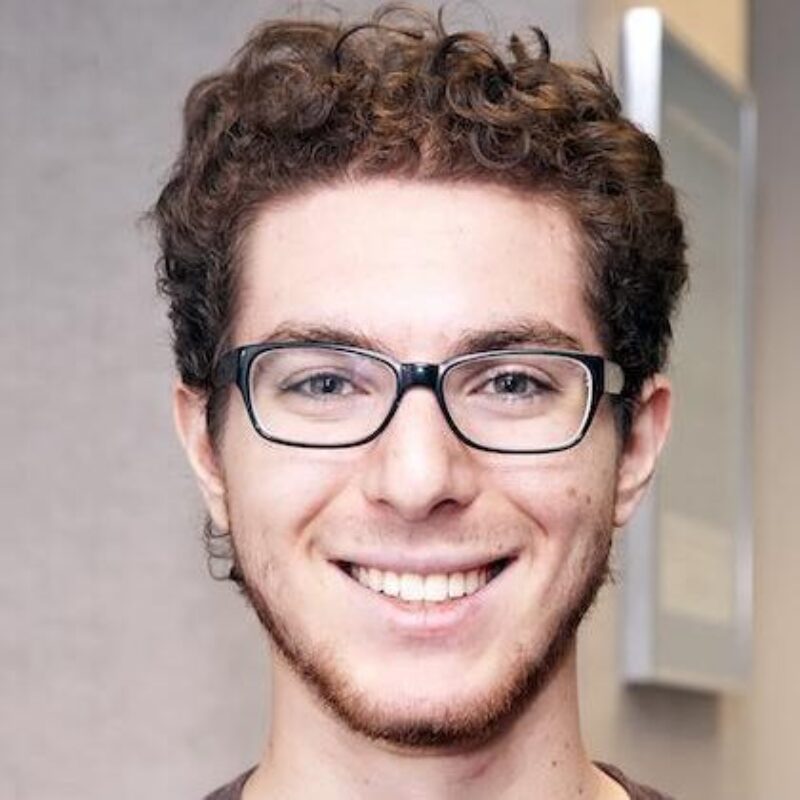



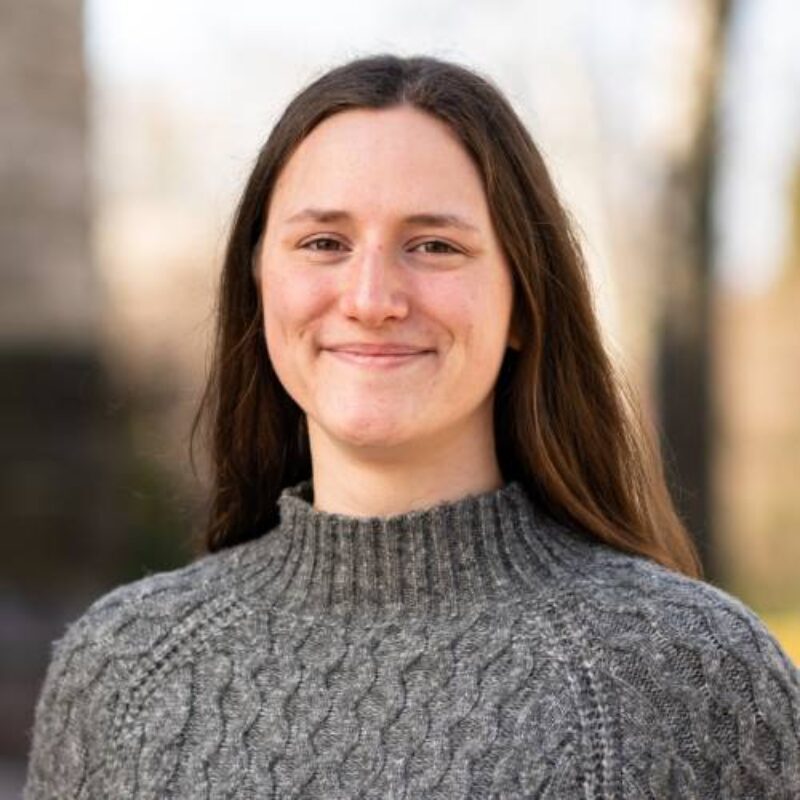







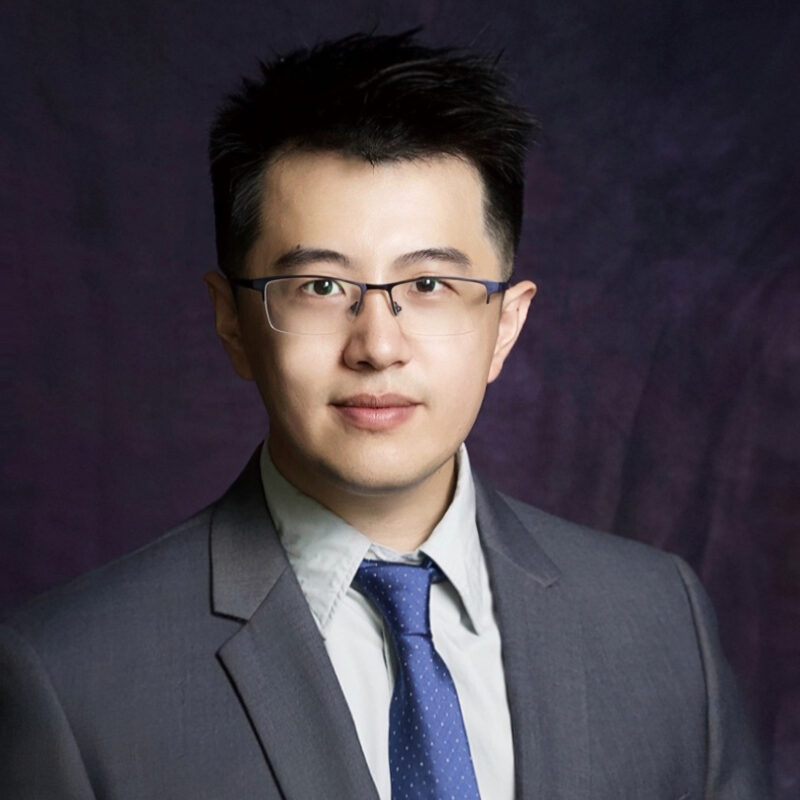
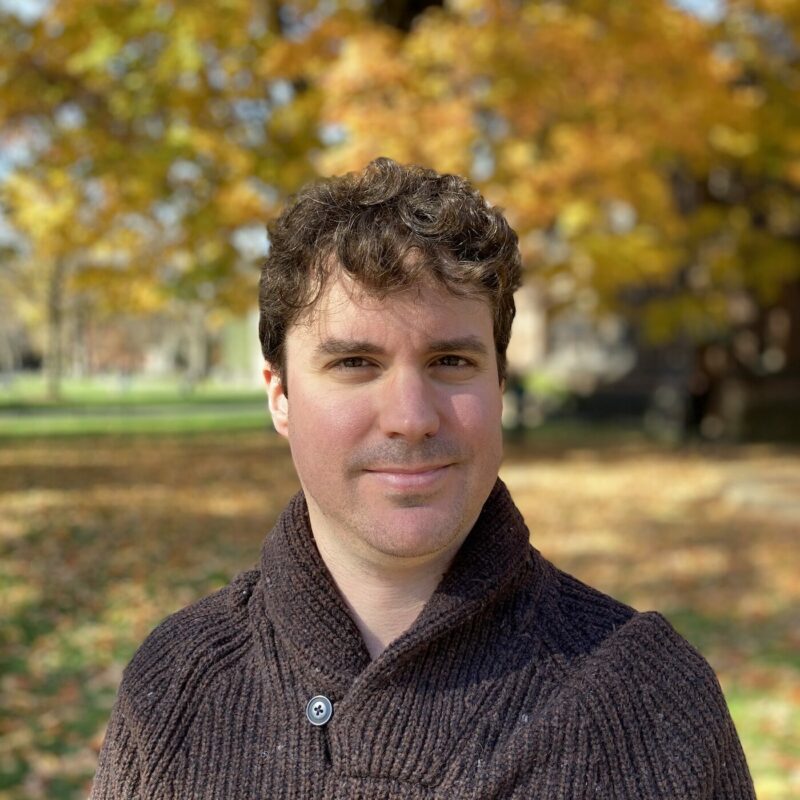


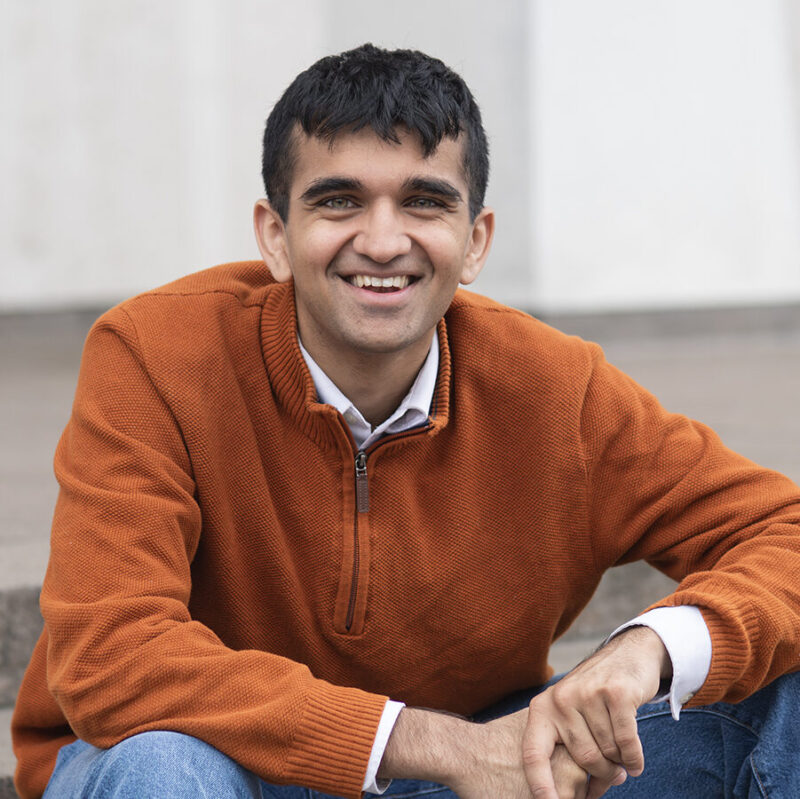


Sponsors
Federal Government
- U.S. Department of Energy: ARPA-E*
- U.S. Department of Energy: Geothermal Technologies Office*
- U.S. Department of Energy: Office of Energy Efficiency and Renewable Energy*
Foundations and NonProfits
- Bernand and Anne Spitzer Charitable Trust*
- Sloan Foundation*
- Hewlett Foundation*
Center for Equitable Growth*
Niskanen Center* - BlueGreen Alliance*
- ClearPath Foundation^
- Breakthrough Energy^
- The Eric and Wendy Schmidt Fund for Strategic Innovation*
- Linden Trust^
- Chan Zuckerberg Initiative*
- Clean Air Task Force*
Industry
- PSEG*
- BP (via the Princeton University Carbon Mitigation Initiative)^
- Community Energy*
- Google*,^
- GE^
- Frontier Climate^
- Fervo Energy*
Sonoma Clean Power*
Peninsula Clean Energy*
- Active sponsors (last updated March 2025)
* – sponsored research
^ – unrestricted gift
JOIN ZERO LAB
Prof. Jenkins admits ~2 graduate students each year to pursue a doctoral degree in the Department of Mechanical and Aerospace Engineering. Applications are due December 1st and all candidates are evaluated through a competitive central pool. He also co-supervises students admitted to the School of Public and International Affairs’ Program in Science, Technology & Environmental Policy. After admission, graduate students in engineering in ZERO Lab also often apply for the HMEI-STEP Graduate Fellowship Program, which enables Ph.D. candidates in science, engineering and other academic disciplines to explore the environmental policy dimension of their doctoral research. Contact Prof. Jenkins to explore which program might be the best fit for you.
Undergraduates at Princeton should contact Prof. Jenkins to explore undergraduate research opportunities, including summer internships, independent study and junior paper opportunities, and senior thesis research.